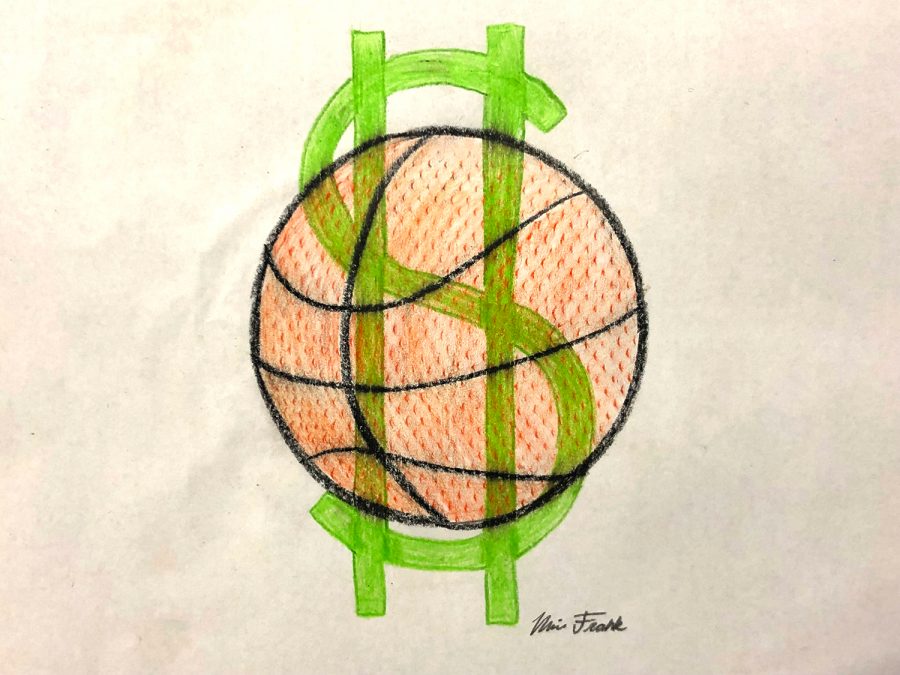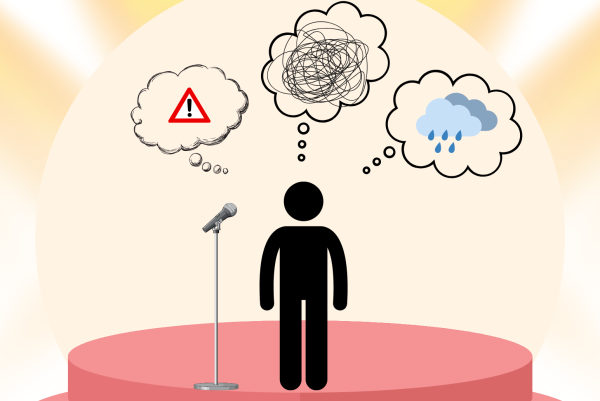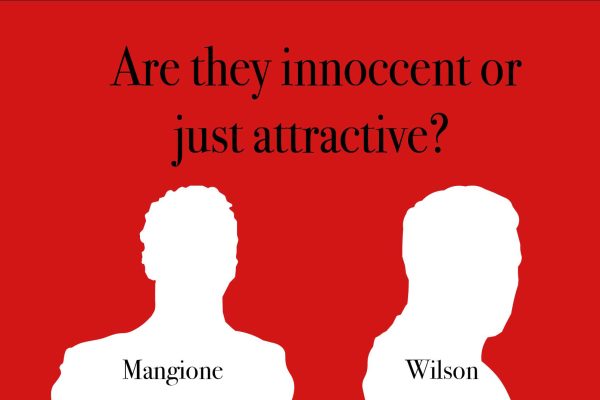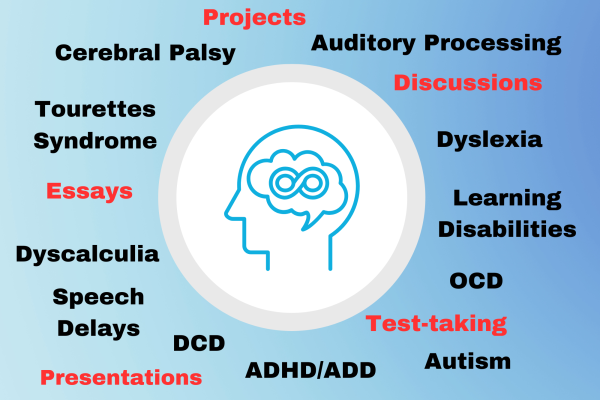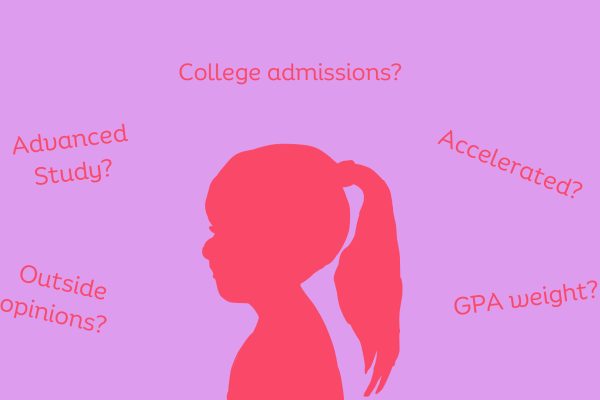Ball’s in the wrong court: NCAA abuses student-athletes
Photo credit: Mia Frank
Drawing of a basketball and dollar sign by student-artist and sophomore Mia Frank. The NCAA President, Mark Emmert, has continually rejected the idea of compensating college student-athletes reasoning that paying basketball and football players would force schools to “eliminate other sports.”
Every year when March rolls around, there’s a certain excitement in the air. Basketball fanatics fill out their brackets, despite the knowledge that obtaining a perfect bracket is nearly impossible— 1 in 9.2 quintillion, to be precise.
It’s March Madness, and everyone is ready to watch the college athletes play with an all-or-nothing attitude or root for a “Cinderella Team” to make it into the Elite Eight. I can attest to being part of that excitement; personally, my all-time favorite highlight of March Madness was the 2016 NCAA Division I Men’s Basketball Tournament. I remember watching the Villanova Wildcats take on the North Carolina [UNC] Tar Heels and leaping up in shock as a UNC guard managed to score an off-balanced three-pointer and tie the game with 4.7 seconds remaining. Just as I caught my breath, courtesy of a timeout and some replays, Kris Jenkins on the Wildcats hit a buzzer beater that left all watchers in shock.
There’ve been questions about whether the 2016 National Championship should go down in history as “the best title game ever,” but I’d like to focus on a different question: Where’s Kris Jenkins now?
In the 2017 NBA draft, Jenkins went undrafted and was bounced around from the NBA summer league to the G-league, until this past March, where he essentially lost his job and professional career. Yet his buzzer beater, which remains the highlight of his basketball career, was part of a corporation that raked in a record $1 billion in revenue around the 3-week long tournament.
Jenkins never directly saw a penny of that money or financially benefited from his game-changing shot. The National Collegiate Athletic Association [NCAA] promotes the benefits of amateurism— the idea that a college “student-athlete” cannot profit or gain a competitive advantage from his or her sport— but actually uses amateurism to selfishly monetize off of its student-athletes.
Opponents of paying college athletes argue that an athletic scholarship already covers enough, students are too financially irresponsible, the distribution of the money wouldn’t be feasible, and it would be unfair to various sports, depending on the popularity of the sport or gender of the players.
But how is it fair when $900 million in revenue from the March Madness tournament is going to the NCAA, which covers for 90 percent of its annual revenue when 100 percent of that revenue comes from the players’ athletic ability and desire to play? Kris Jenkins made thousands of dollars with the winning shot alone. That moment no doubt sparked articles, merchandise and “media hype” — yet he saw none of the income. How is the distribution not feasible when the NCAA has plenty of revenue to give back to the players but instead allocates it to schools, coaches, agents and shoe companies?
The NCAA accounts for its actions by saying it is protecting its players from being exploited commercially, though, realistically, the NCAA itself uses the players as billboards for apparel deals and media-rights deals. For the critics who argue a scholarship and stipend is sufficient, a scholarship only covers tuition and room and board, while stipends average between $2,000 and $5,000 annually. To refute those who state it would discriminate against unpopular and/or women sports, there are funding models — usually including a reasonable baseline and a cap— that are fair to all student-athletes in the NCAA.
The NCAA has exploited student-athletes and will continue to do so, while players barely suffice on athletic scholarships. Jenkins is just one of many college student-athletes whose highlights became reduced into profit for a corrupt company. It’s time to give back to the players by allowing them to simply profit off of their own hard work, sacrifices and effort.
Hopefully, when March comes along, your brackets and bets won’t be a part of a corporation that’s generating millions of dollars off of young athletes within a 3-week span. If anything, the “integrity” of the sport will finally be ethical; the student-athletes can stop worrying about whether to prioritize “student” or “athlete,” because they are finally financially supported to explore both. The NCAA needs to recognize the unethical treatment of their college student-athletes to stop exploiting and start supporting.
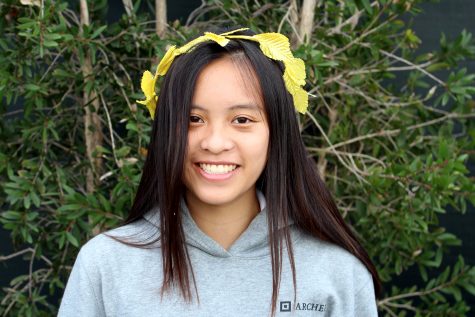
Caitlin Chen joined the Oracle as a columnist in 2018. Her column focuses on the Archer athletic program, as well as sports outside of the Archer community....



